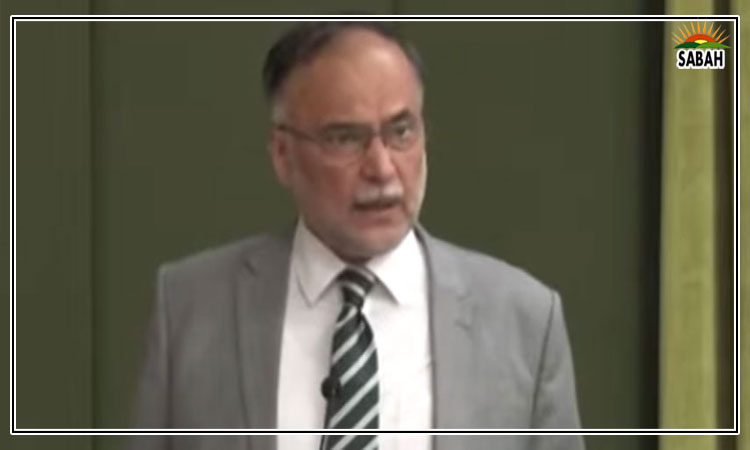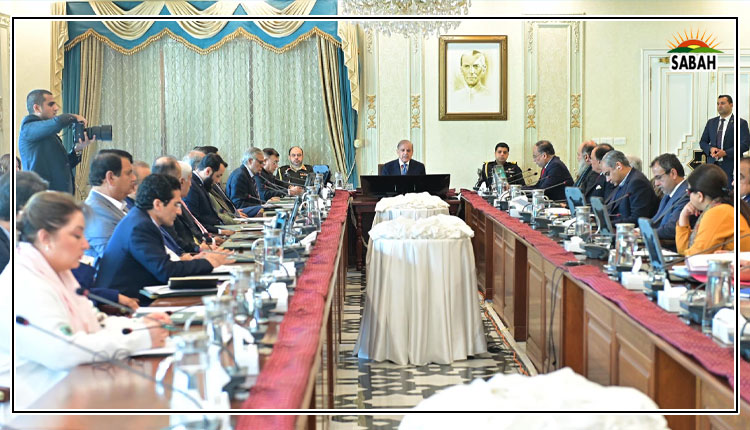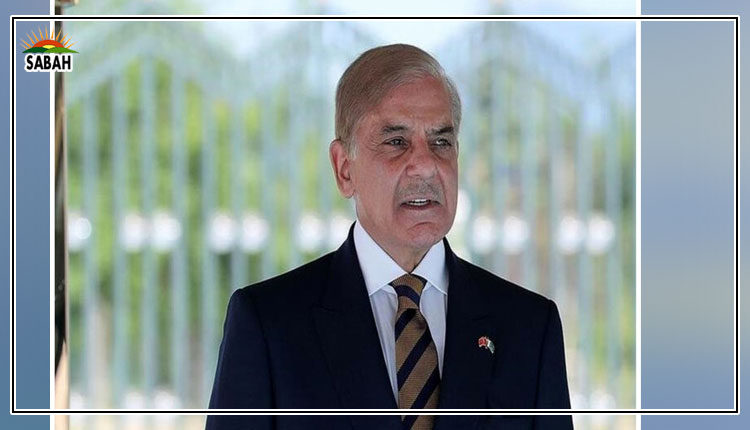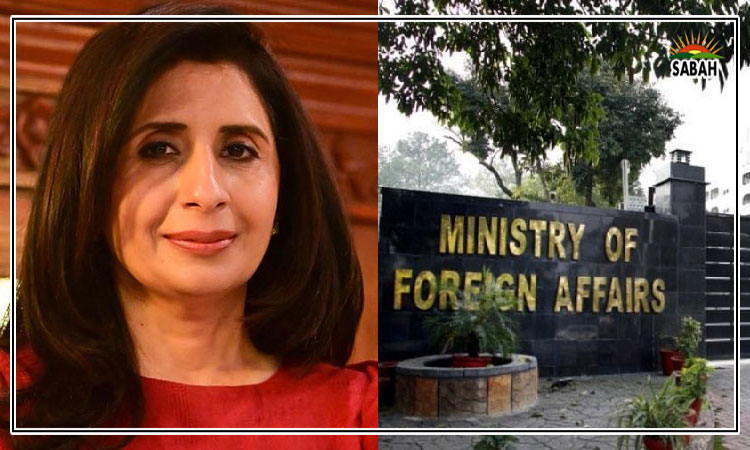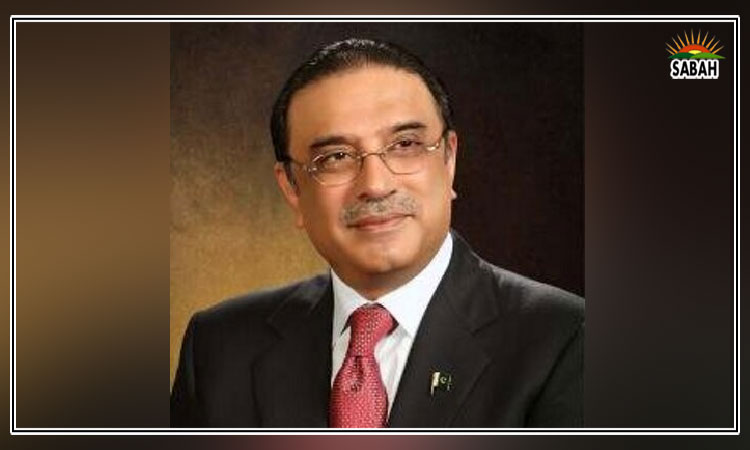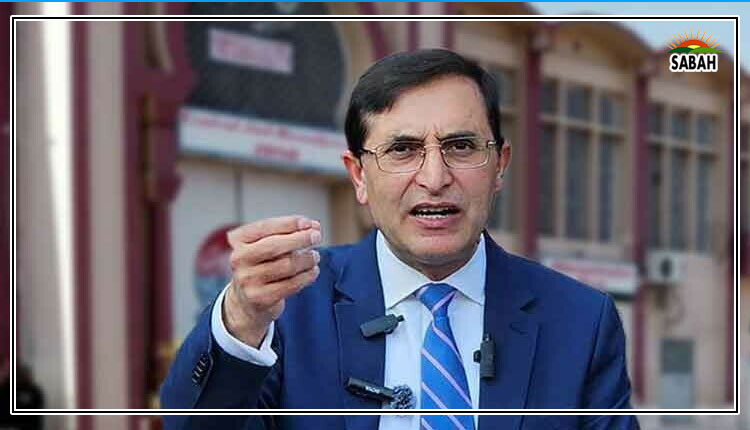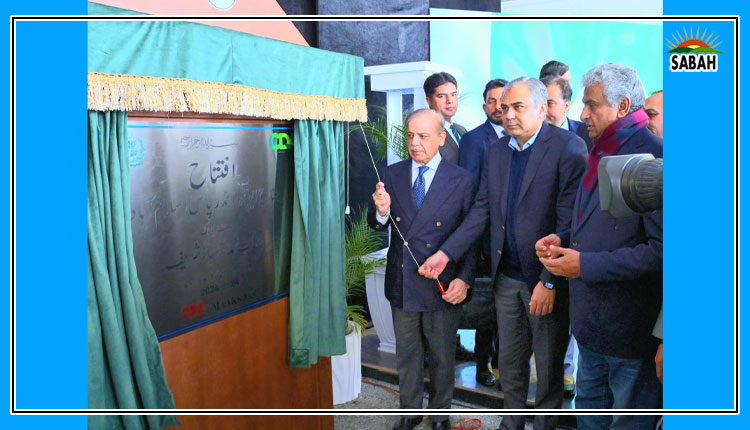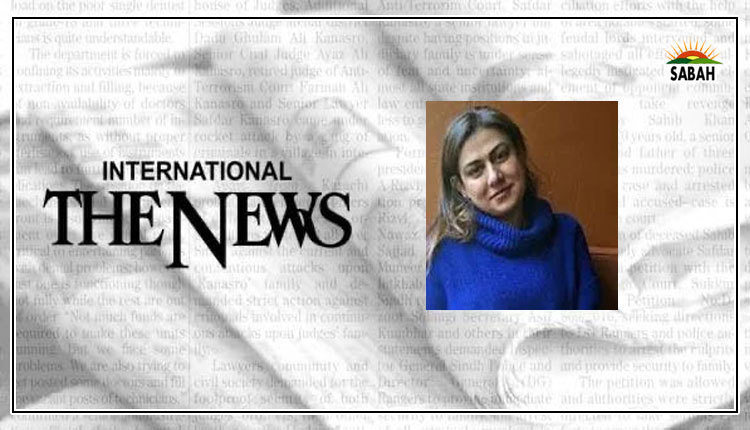Coalition of the unwilling…Aasiya Riaz
Over a month after the dissolution of the 15th National Assembly of Pakistan, the constitutional requirement of appointing a date for timely general election remains elusive. So much effort is spent by so many on delaying the general election that a Coalition of the Unwilling has emerged just to thwart a clear constitutional decree.
Contrary to his sole responsibility to only take care of the day-to-day matters necessary to run the affairs of the government while assisting the Election Commission of Pakistan to hold the general election, the caretaker prime minister has chosen to highlight that delimitation too is part of the constitutional process.
Notwithstanding that his comment flies in the face of his sole role, it is curious why he felt the need to join the absurd chorus arguing how every other constitutional order must be met just to flout the firm requirement of timing of a general election.
There is little role of the president in appointing a date for the general election without receiving advice from the prime minister. Caretaker Prime Minister Anwaar-ul-Haq Kakar was right in terming President Arif Alvis latest letter as tactical move to appease the PTI. Undeterred by lack of constitutional function, President Alvi has had the temerity to continue unsuccessfully in pushing the envelope on the date of election. His own term in office of the president expired on September 9 though interestingly he continues to be a personal beneficiary of the absence of an electoral college required to elect his successor.
Beyond the caretaker PM and the president, look at the motley crew insisting that the general election should not be held within 90 days of the dissolution of the National Assembly. The pack is ignominiously led by the PML-N and includes parties such as the JUI, MQM-P, PML-Q, BAP and GDA. In their individual party consultations with the ECP over the past few weeks, these parties have insisted that the ECP must complete the process of delimitation, updating of electoral rolls and all other required phases before appointing a date for the general election.
Not only that these parties position on the timing of the general election is incompatible with the constitution, but it is also incomprehensible why these parties oppose holding of a timely election when the primary purpose of their existence is to be competitors in the electoral process.
The PTI, or whatever is left of it, is leading with the demand for an election within 90 days. It is joined by the JI and oddly, even the TLP. The JI has even gone ahead and also filed an application in the Supreme Court seeking a date for holding the general election within 90 days of the dissolution of the National Assembly.
The position of the PPP and the ANP is much more nuanced. Both the parties have asked the ECP for an urgent date and schedule for election even if meeting the 90-day requirement is not feasible. From threatening to pursue a legal course in case the ECP does not announce holding of election within 90 days to public misalignment within the party leadership on whether to support priority of the delimitation, the case of the PPP has been the oddest.
Without public admission of committing a mistake on last-minute approval of the 2023 Population Census in the CCI to claiming the approval did not require fresh delimitation, the party has continued a flip-flop of its position. Its latest official stance has come after the meeting of its Central Executive Committee urging the ECP to hold the general election as soon as possible even if not within the 90-day constitutional limit.
The outgoing prime minister did not choose to explain before his departure why he advised the president to dissolve the 15th National Assembly three days before the constitutional expiry of its term. The clear outcome of course was pushing forward the date of the election by 30 additional days.
Another curious thing is that his government went about ensuring the delay of the next general election in a rather methodical manner.
Even though he first announced the departure of his government upon the conclusion of the 15th National Assembly in the middle of July, it was only three-days before the Assemblys dissolution that Mr Shehbaz Sharif convened a meeting of the CCI to approve results of the 2023 Population Census. The 50th meeting of the CCI on August 5, 2023 was the only one convened by former prime minister Shehbaz Sharif during his 16 months in office, flouting the constitutional requirement in Article 154(3) of convening the CCI at least once in 90 days. The move set into motion the process and schedule for fresh delimitation of constituencies.
The ECP first issued a schedule of delimitation according to which its exercise of delimitation was to conclude by the middle of December 2023. Even though the commission has since revised the schedule of delimitation, bringing a reduction of about two weeks to complete the delimitation process by November 30, it does not appear to make any material difference in the prospects of a timely general election in line with the constitution.
Did the outgoing prime minister leave a clue behind his facilitating an election delay when he admitted that he oversaw a hybrid regime? If the decision of poll delay was indeed borne out of a hybrid decision-making process, how can his party and the others in agreement with the decision justify their complicity to their voters and citizens?
Do citizens not deserve to know the rationale behind this active campaign to forgo a timely general election defying all constitutional requirements, including the undue extension of unelected caretaker governments? What he did offer by way of an off-hand explanation of his government was only that his predecessors hybrid regime was that of historical proportions. He can hardly be credited with any weight in this defence. But as he emphatically pointed out that to ignore the direct or indirect role of institutions in Pakistan in the past 75 years would amount to a denial of history, he did not specify whether understanding of history also preconditions its blind repetition.
Courtesy The News



